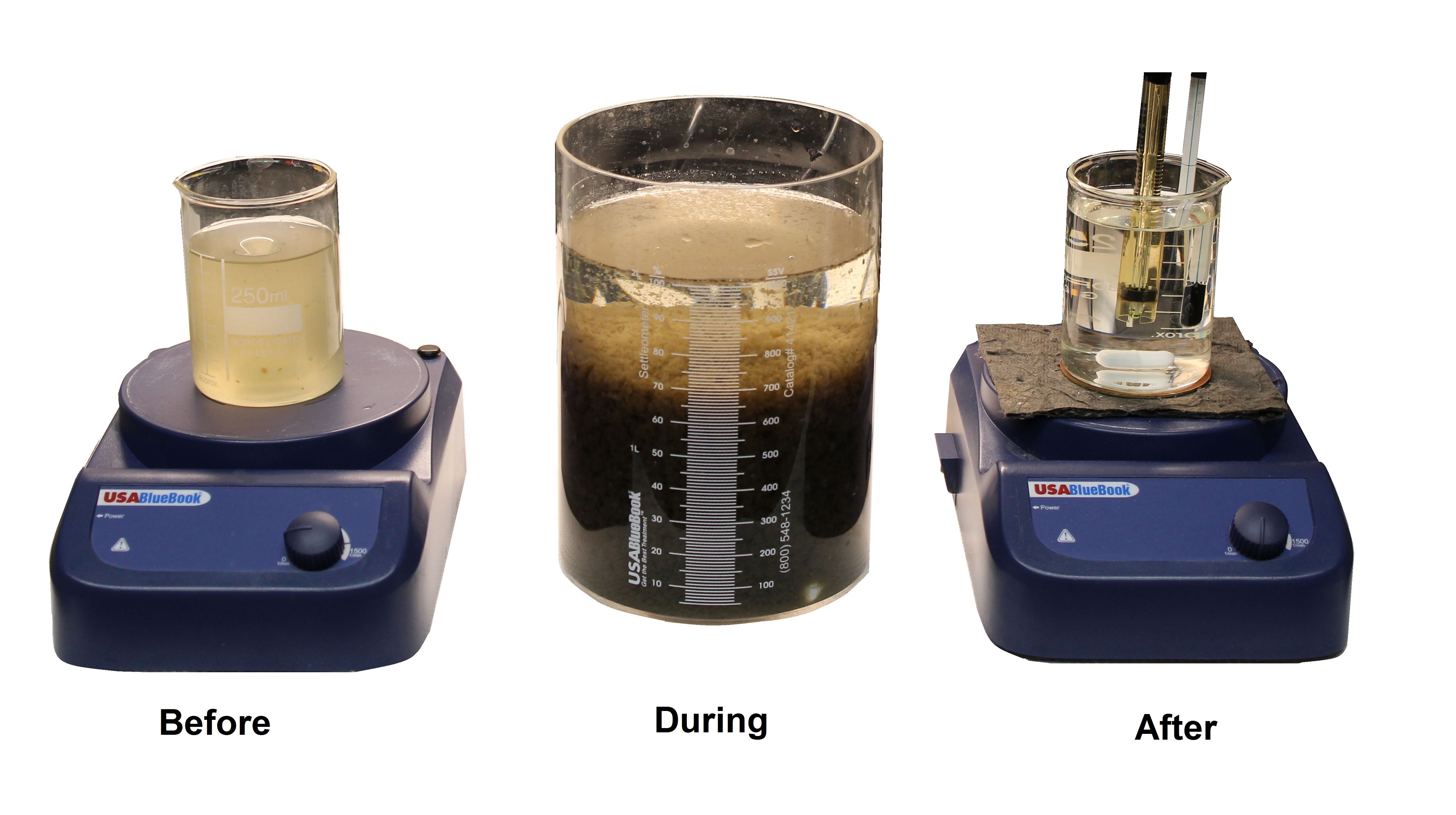Wastewater is the used water, liquid waste, or drainage from homes and businesses in a community.
When you take a shower, flush your toilet, or send water down a drain another way, the water, known as wastewater, goes into a system.
To learn more about the process of treating wastewater click below:

